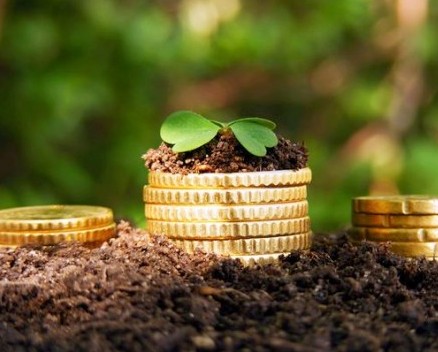
The volume of state support of agriculture in the world over the past 20 years has declined, but most countries still has the most market distorting terms of trade measures – price controls in the domestic market and export subsidies, according to the annual review of the Organization for economic cooperation and development (OECD).
With the exception of Indonesia, China and Brazil, the ratio of agricultire to GDP in the analyzed economies is reduced after the reduction in share in them APK. In particular, in OECD countries this indicator decreased from 1.4% of GDP to 0.6% of GDP. In Russia on average over 2014-2016, it amounted to 0.9% of GDP (less than half in the years 1995-1997). Above all is the volume of agrobacteria to GDP in Indonesia (4%), as well as the Philippines, Turkey and China, where they exceed 2 per cent.
The most common is the support of agricultural producers – on the average, it takes $519 billion (in Russia in 2016 – $11.9 billion), about 60% due to price regulation and subsidies are tied to output (in Russia – 76%). The volume of such support has declined since 1995 (from 23% to 18% of farmers ' income, including the EU and Canada, almost 40%) but stabilized in the last five years. In New Zealand, Australia, South Africa, Chile and Brazil on such support accounts for less than 5% of the income of farmers in Norway, Switzerland, Japan – more than 50% (in Russia – 14%).
However, the support of the agricultural sector at the expense of consumers has increased in many countries, including Russia (above all, its level in South Korea, Norway and Iceland). The average Russian consumers paid 12% more than they would pay without the farm subsidies, says the OECD study.
Criticism of the efficiency of the distribution of these subsidies, agriculture has a dedicated section of the June "Monitoring of the economic situation in Russia" IEP name of Yegor Gaidar, the Academy and the Etta. Noting how a significant change in the industry's transition in 2017 on a single grant (that gave regions the opportunity to determine the priorities), experts have concluded that "no positive changes in the distribution of subsidies has not happened."
Thus, in the presence in Russia of 20 thousand agricultural enterprises, the vast majority (56%) of subsidies on investment loans (5.5 billion rubles) in the plan "provided for a few selected farms" – and the same pattern was observed in the APC before. For example, in 2016 at LLC "Bryansk meat company" had 90.7 per cent of all subsidized loans for the development of beef cattle (33.6 billion roubles).
Such support separate "points of growth" leads to degradation of the entire industry, the study said. Experts suggest to use to support big business other mechanisms – for example, the FUND: in this case "investors would invest money after careful evaluation of the expected effect would control the implementation of major projects".
Access to subsidies for investors in agribusiness analysts propose to limit – in the United States, where farms with revenue of more than $900 million are not eligible for subsidies, others can not get more than $300 thousand per year.
Photo: dozaagro.ru
Translated by service "Yandex.Translation"










